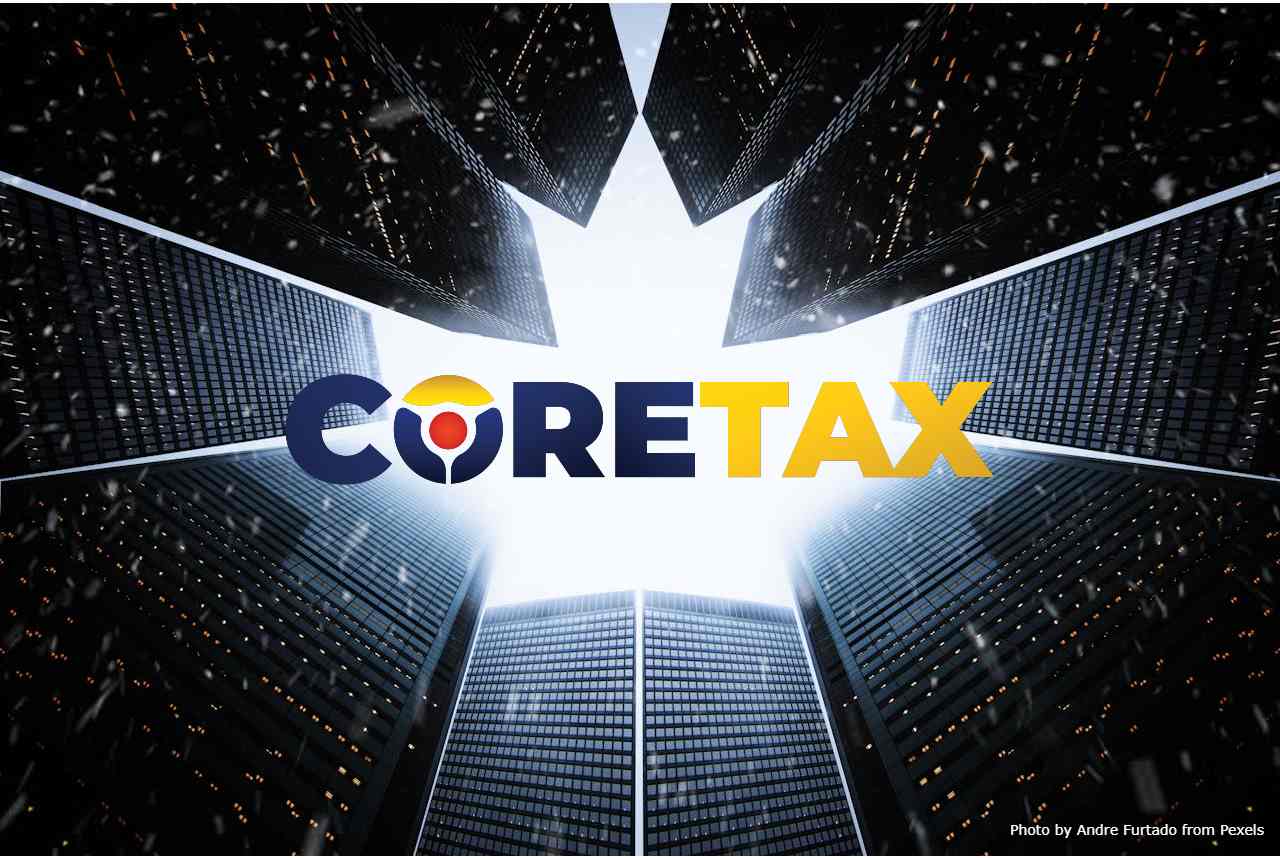Is it true that only in-kind benefits directly related to 3M activities can be deducted by employers?
Differing Rules Between the Income Tax Law and PP-PMK
Article 6(1)(n) of the Income Tax Law (UU PPh) states:“The taxable income of resident taxpayers and permanent establishments shall be determined based on gross income less expenses for obtaining, collecting, and maintaining income, including expenses for compensation or benefits provided in the form of in-kind benefits and/or perquisites.”This provision opens up a broader interpretation of in-kind benefits, where all types of benefits, whether directly tied to specific income-generating activities or not, may be considered deductible if they are deemed to form part of an employee’s compensation package. The law does not explicitly limit deductibility only to in-kind benefits related to 3M activities, leaving room for employers to argue that these benefits, when considered as a form of compensation, fall within the scope of deductible expenses.However, Article 23(2) of Government Regulation No. 55/2022 and Article 2(1) of PMK No. 66/2023 stipulate:“Expenses for compensation or benefits provided in the form of in-kind benefits and/or perquisites related to employment or services can be deducted from gross income to determine taxable income by the employer... as long as they are expenses incurred to obtain, collect, and maintain income.”These regulations clarify that only in-kind benefits directly associated with 3M activities can be deducted from gross income. Common examples include workplace meals, transportation services, or employee housing near job sites.This gives rise to a critical question: what exactly is the scope of the 3M concept? Can employers argue that all types of in-kind benefits constitute a form of employee compensation that, in effect, should be regarded as wages or salaries in non-cash form? If so, are there truly no clear boundaries on what can be deducted?Article 2(2) of PMK No. 66/2023: Can All In-Kind Compensation Be Deducted?
Article 2(1) of PMK No. 66/2023 outlines that in-kind benefits can be deducted as long as they relate to 3M activities. However, Article 2(2) states:"Compensation or benefits in relation to employment... constitute compensation or benefits related to the employment relationship between the employer and the employee."Given the term "compensation," many employers might argue that any form of in-kind benefit—such as company cars, healthcare benefits, or even entertainment—should be viewed as part of the employee's compensation package and therefore deductible. This leads to the pressing question: can all in-kind benefits provided to employees ultimately be recognized as deductible expenses under tax regulations?
From In-Kind Benefits to Cash: A Difference in Treatment?
Further complicating the matter, if in-kind benefits were converted to cash, they would undoubtedly be classified as wages or remuneration. In this case, there would be no ambiguity in treating these payments as deductible expenses for tax purposes. This strengthens the argument that providing benefits in the form of goods or services should be treated similarly to cash payments for compensation, implying no substantial difference between the two forms of remuneration.Conclusion: Assessing the Scope for Interpretation
While recent regulations such as Government Regulation No. 55 of 2022 and PMK No. 66 of 2023 provide more restrictive language, a broader interpretation of in-kind benefits emerges when these benefits are viewed as compensation or wages. This perspective aligns with the 3M principle, as compensation is inherently tied to the employer’s ability to obtain, collect, and maintain income. Therefore, despite the seeming restrictions in recent regulations, there remains room for employers to argue that most forms of in-kind benefits should be considered deductible under tax regulations.Ultimately, this broader interpretation invites further discussion on how in-kind benefits should be treated within the tax framework. Rather than focusing solely on the distinction between 3M and non-3M activities, employers and tax practitioners should consider the role of in-kind benefits as compensation and how this understanding aligns with the principles outlined in both the Income Tax Law and subsequent regulations.
deductible-expenses , tax-on-benefit-in-kind





